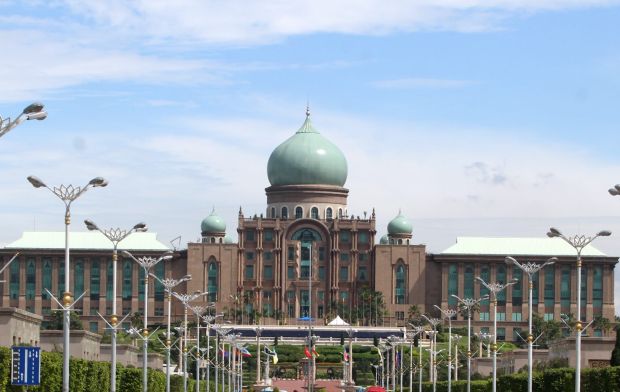KUALA LUMPUR, Jan 3 — Even though it is still a year away, the commitment shown by the Madani Government to implement a fairer and more reasonable salary scheme for civil servants is a relief for 1.6 million civil servants in the country.
The seriousness can be felt from the assurances of Prime Minister Datuk Seri Anwar Ibrahim, and when he launched the Central Database Hub (Padu) system yesterday, he stressed again the need to speed up the revision of civil servants’ salaries, which was last reviewed in 2012, over a decade ago.
To be implemented in 2025, the Public Service Remuneration System (SSPA) study coincides with the replacement of the Malaysian Remuneration System (SSM), which can be likened to an ‘old house’ structure as it has been in use since 2002 and is no longer relevant to the country’s current economic environment.
What is more, with the current drastic increase in the cost of living compared to the income received, the civil servant salary revision scheme cannot be delayed any longer, said the Congress of Union of Employees in the Public and Civil Services’ (Cuepacs) president Datuk Adnan Mat.
Nonetheless, the granting of a special allowance should be considered while waiting for salary revision next year to help ease the burden borne by public servants, especially in urban areas at the moment.
“If financial issues are a constraint for the government now, it may be possible to consider a special allowance first while waiting for the SSPA salary revision. After the SSPA is finalised and when there is a salary increase, then the government can cancel the payment of the special allowance,” he told Bernama today.
This effort can, to an extent, raise the net salary of civil servants, thus helping to face the difficult situation in dealing with the current economic burden, which is increasingly challenging after the Covid-19 pandemic.
Although the salary revision is a good thing, the new salary structure, which will be introduced later, needs to be more sustainable and competitive to improve the standard of living of civil servants and also their productivity.
Universiti Putra Malaysia (UPM) Public Administration lecturer Noor Mohamad Shakil Hameed said the two-pronged approach of raising the living standards will also allow civil servants to have better purchasing power than before, thereby contributing to the country’s economic growth.
As a result, he hopes the SSPA study can be concluded immediately and implemented this year compared to the plan for next year since many civil servants, especially low-grade ones, have to work two jobs to support living in the city.
“A more sustainable salary scheme will stimulate the spirit and motivation of civil servants to improve their work performance by being more productive, competitive and committed to carrying out the tasks entrusted to them.
“This is because the payment of fair wages is seen as a form of government’s recognition and appreciation for the contribution and dedication of public servants in addition to being able to deal with the integrity problems often associated with them as a handful accepted bribes to cover their small salary,” Noor Mohamad said.
On July 14 last year the government agreed to review the SSM after taking into account the increase in the cost of living as there was no salary review since 2012.
Following that, a meeting of the Cabinet Committee on Public Service Reform (JKK-PPA) was held on August 7 last year to discuss the SSPA study as a reform initiative in the public service.
— Bernama





